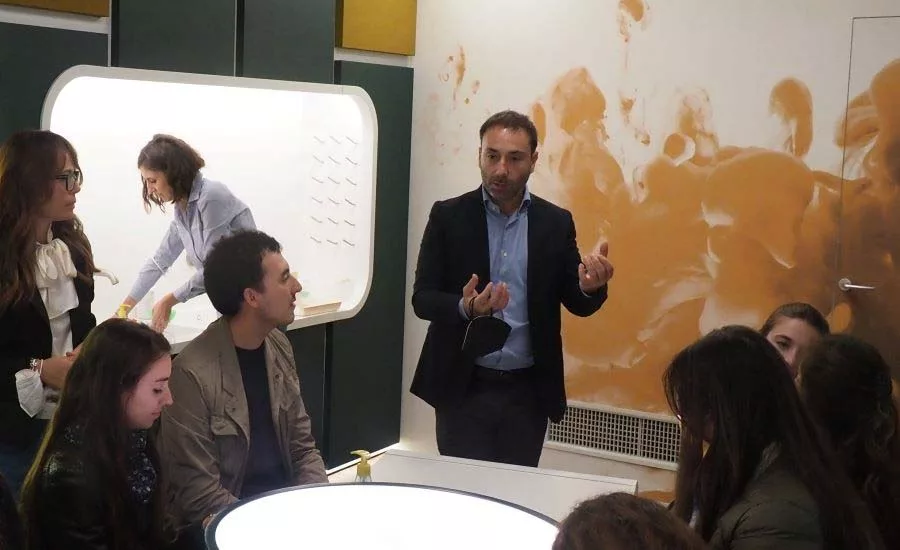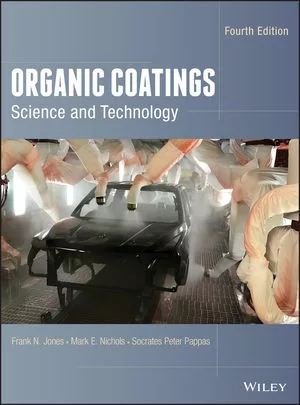PPG Highlights Sustainability at Leonardo da Vinci Science Museum in Milan

Courtesy of PPG.
PPG highlighted the sustainability benefits of its coatings at a special event at the Leonardo da Vinci National Museum of Science and Technology in Milan, Italy. The event was part of the European Researchers’ Night, a Europe-wide public event that displays the diversity of science and its impact on citizens' daily lives. Federico Menta, PPG global technical director, Automotive Customer Development, and a group of PPG researchers carried out experiments to demonstrate the properties of PPG’s automotive and heat-reflecting coatings at the museum’s interactive chemistry laboratory, an educational resource developed in partnership with PPG.
Inspired by the heat-reflective properties of an eggplant, PPG’s first-to-market heat-management exterior coating keeps aircraft cool and reduces related air conditioning and energy use. The exterior remains up to 25 °F (14 °C) cooler, and the interior cabin temperatures are reduced by 5-7 °F. The same technology is also used to help reduce temperatures inside buildings.
“At PPG, we are committed to innovating sustainable products that enable our customers’ sustainability and we are promoting sustainability along the entire supply chain, from raw materials, through manufacturing, to the finished product,” said Menta. “This applies across all our end-use markets. In the automotive industry, for example, our industry-leading electrocoat technology helps customers to reduce their waste and energy use, and we have developed a range of coatings and related products that support the transformation to electric vehicles.”
PPG is also committed to reducing its carbon footprint via energy projects at several coatings plants in Italy. In Caivano, the company has installed a cogeneration plant that will result in a 14% annual reduction of metric tons of CO2. In Quattordio, PPG is building a trigeneration plant combining cooling, heating, and electricity that will reduce energy costs by 13% and CO2 emissions by 10% annually.
For more information, visit: www.ppg.com.
Looking for a reprint of this article?
From high-res PDFs to custom plaques, order your copy today!








